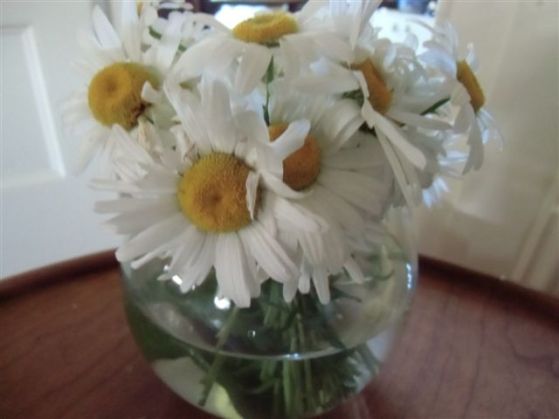Happy new year, friends!
We all need help and support along the way. As we start 2024, I decided to reblog a post about the authors who helped me in my early days – before I published my first book, A Good Home.
First, Louise Penny. This Canadian author is known for her Inspector Gamache/Three Pines mysteries. Her lyrical, emotional, insightful writing has won several big awards and put her books on the New York Times bestseller list.
The day I discovered my first Louise Penny book was shortly after I’d turned in my latest feature for a magazine. That story – written several years before – was titled Possession. It was about the deeply rooted hunger to possess precious things. Louise’s book, The Brutal Telling, was about a deeply-rooted hunger to possess precious things. I was amazed by the serendipity.
Louise bravely explores that borderland place where the unexplained and the divine intersect with the here and now, the temporal. It’s something I try to do in some of my own writing.
But it was Louise’s own back story – and the similarities between her life and mine — that most surprised me.
We are, I discovered, both Ryerson graduates, both former CBC journalists. But that’s just the stuff that goes into resumes. As I read about her, I realized that we’d both also known what it was like to hit rock-bottom. I was still going through a harrowing fight against painful injuries from a car accident and the very painkillers that were meant to help me cope. Louise had fought a lengthy battle against alcoholism.
I took all these similarities as a sign from above – one of those borderland moments where the divine intersects with the temporal. It was time, I decided, to get serious about the book I’d started writing a long time ago. But first, I wrote to Louise herself.
“The publisher sent me the story layout for my final sign-off just one day before I started your book”, I wrote, referring to Possession, the magazine story, “and as I read your novel, I thought – with a shiver – ‘this is another of my life’s unexplained coincidences’.”
She wrote me back right away: “We seem like sisters,” she said. “I’m glad you’ve discovered my books – and suspect you are a gifted, fabulous writer.”
Such kind encouragement. Louise’s next email contained advice for me as a would-be author. Before you send your manuscript to a publisher or agent, she urged, polish, polish, polish. It’s your one chance, so make it the best it can be.
As I neared the completion of the manuscript, other authors helped.
Yvonne Blackwood, author of Into Africa: The Return, repeatedly helped me polish. She suggested small improvements throughout the text.
Lee Gowan, creative writing professor at the University of Toronto and author of Confession, paid me a precious compliment: he read the manuscript to his mother.
“It was a very moving experience, I can tell you,” Lee wrote. “Often had a tear or two in my eyes and a hitch in my voice as I was trying to read through.” Lee also stopped me from editing out a whole section of the book that, it turns out, readers love.
When the book was completed, and in the hands of the publisher, I wanted to find out from an author what this next period would be like. Given my need to pace myself, and still attend therapy for long-term injuries, I wanted to make the best of limited resources. Enter Ann Preston, author of The No-Grainer Baker cookbook.
She was introduced to me by a friend. Ann became a guardian angel, telling me what to expect, and, with her own book on its way to becoming a bestseller, sharing tips by the week.
Jan Wong (who self-published her most recent book, Out of the Blue) had experienced both traditional and self publishing. She openly shared her experience with promoting and distributing her books, while I made notes of everything from postage rates for books to dealing with invitations for book readings.
Authors Merilyn Simonds, Olive Senior and Donna Kakonge also encouraged me.
With wise words of support, small notes of caution, and precious bits of common-sense, these authors helped me to make A Good Home a success. Bravo and Thanks to them all.
~~~
May 2024 be kind to you and your loved ones.
Cynthia.
















